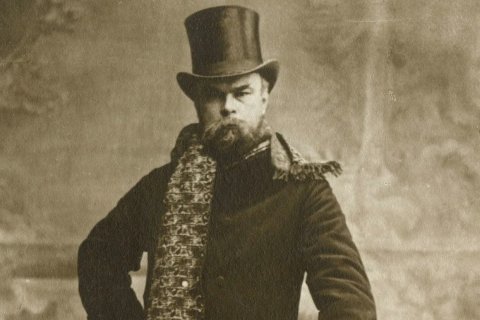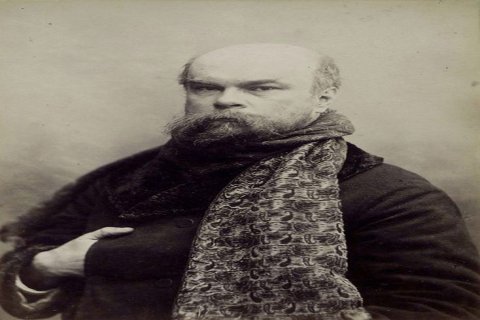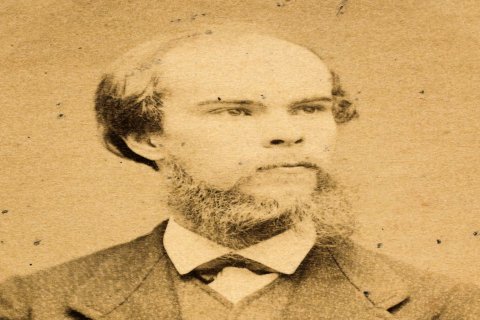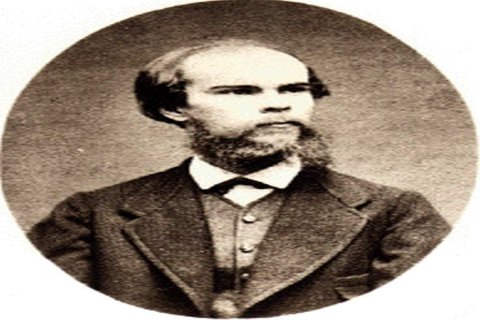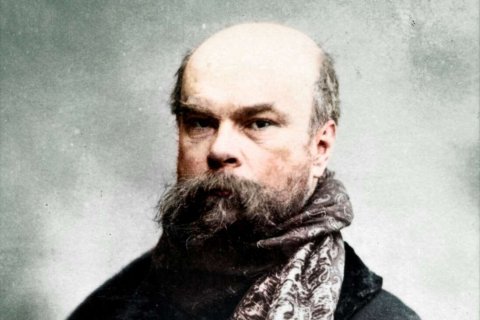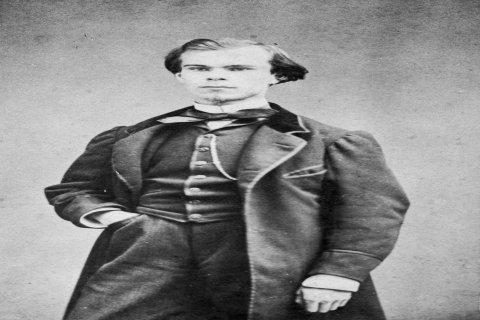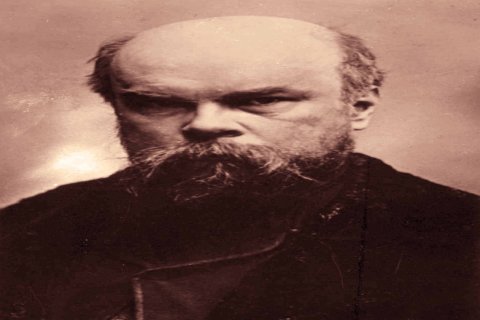Paul Verlaine
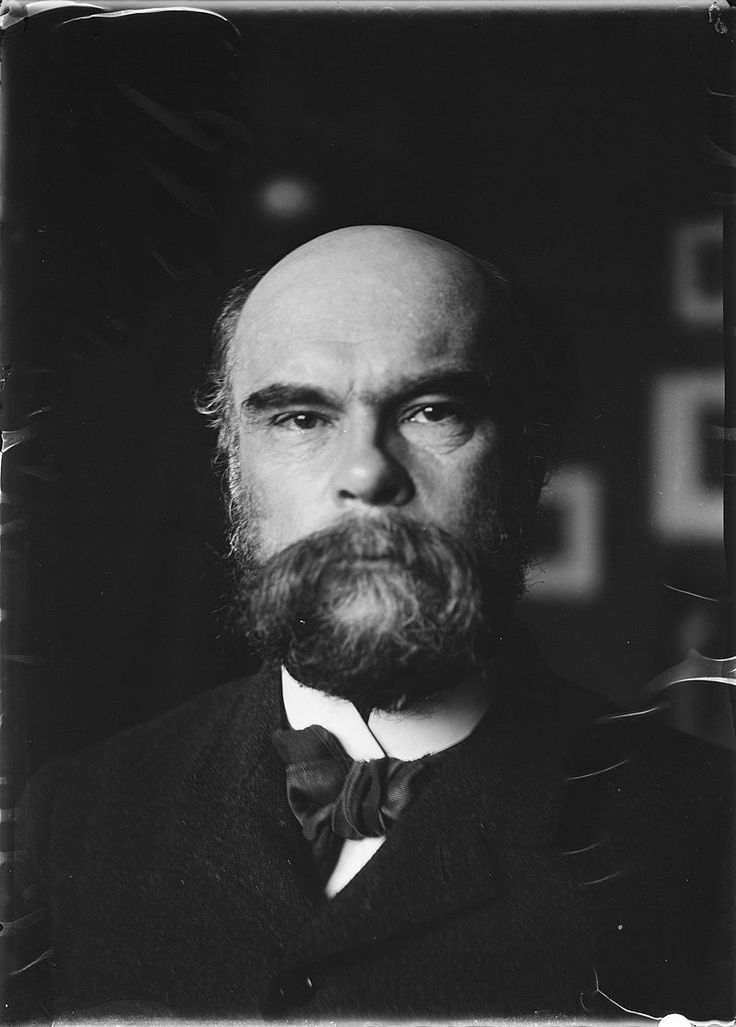
Paul Verlaine (March 30, 1844 – January 8, 1896)
Early Life and Education:
- Born in Metz, France, on March 30, 1844, to Nicolas-Auguste Verlaine, a military officer, and Élisabeth-Adélaïde Dehée, a devout Catholic.
- Attended the prestigious Lycée Bonaparte in Paris, where he excelled in literature and poetry.
- His early influences included the works of Charles Baudelaire, Théophile Gautier, and François Coppée.
Literary Career:
- First collection of poems, "Poèmes Saturniens" (1866), reflected his fascination with the Decadent movement.
- Associated with the group of poets known as the "Poètes maudits" ("Accursed Poets"), which included Arthur Rimbaud, Stéphane Mallarmé, and Tristan Corbière.
- Published his most famous collection, "Romances sans paroles" (1874), which showcased his innovative use of rhythm and free verse.
- Notorious for his stormy and passionate relationship with fellow poet Arthur Rimbaud, which inspired some of his most intense and lyrical works.
Later Life and Struggles:
- Verlaine's life was marked by personal and legal challenges, including struggles with alcoholism, poverty, and mental illness.
- In 1873, he was convicted of attempted murder of Rimbaud and served two years in prison.
- Upon his release, he converted to Catholicism and attempted to lead a more stable life, publishing several more collections of poetry.
- However, his health and financial situation continued to deteriorate, and he died in a Paris hospital in 1896 at the age of 51.
Legacy:
- Verlaine is considered one of the most important figures in French literature and a pioneer of the Symbolist movement.
- His poetry is known for its musicality, emotional intensity, and use of rich imagery and symbolism.
- His influence can be seen in the works of later poets, including Guillaume Apollinaire, T.S. Eliot, and Hart Crane.
- His most famous poems include "Clair de lune" ("Moonlight"), "Chanson d'automne" ("Autumn Song"), and "Art poétique" ("Poetic Art").
- Verlaine's poetry has been translated into numerous languages and continues to be widely read and studied around the world.

